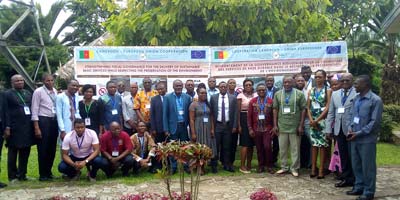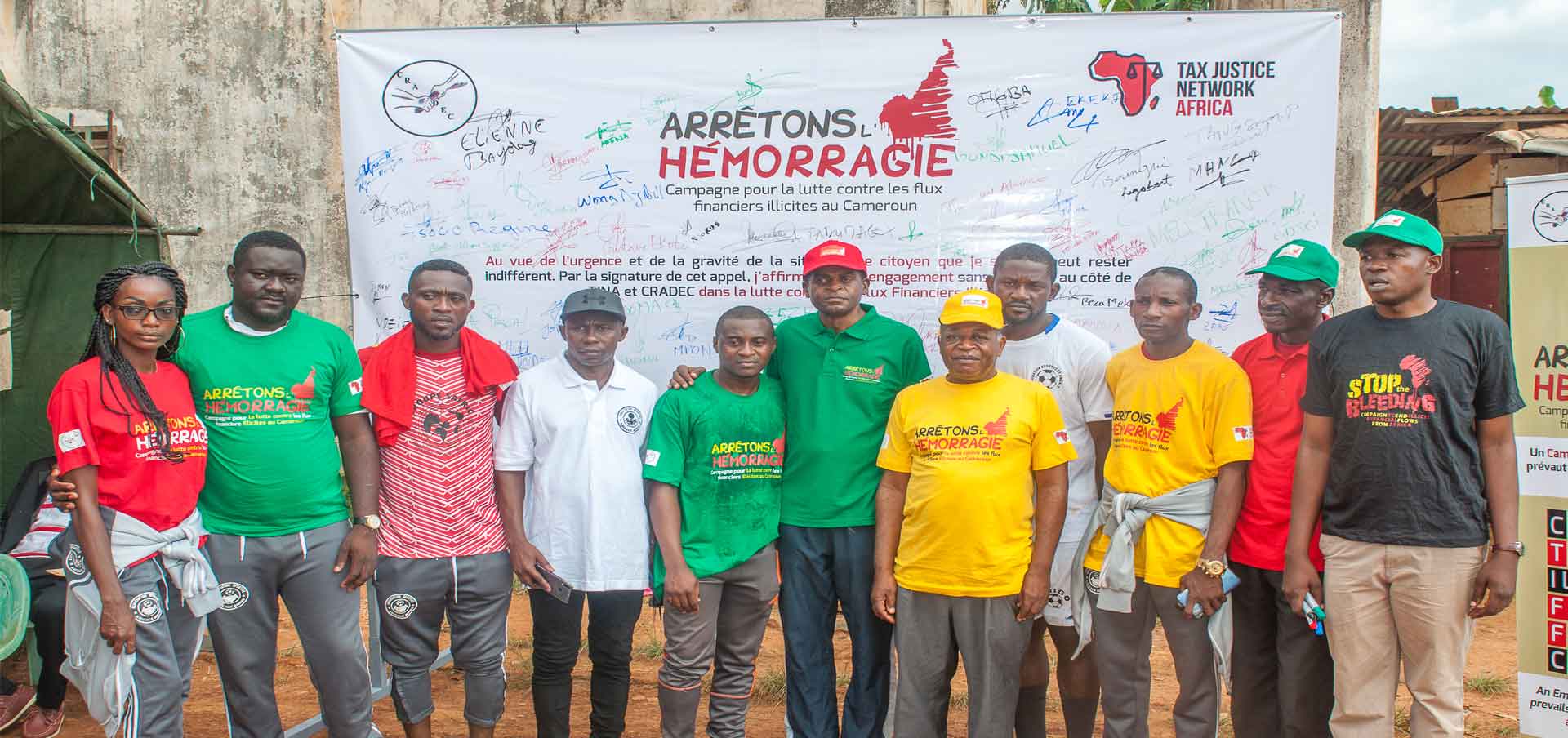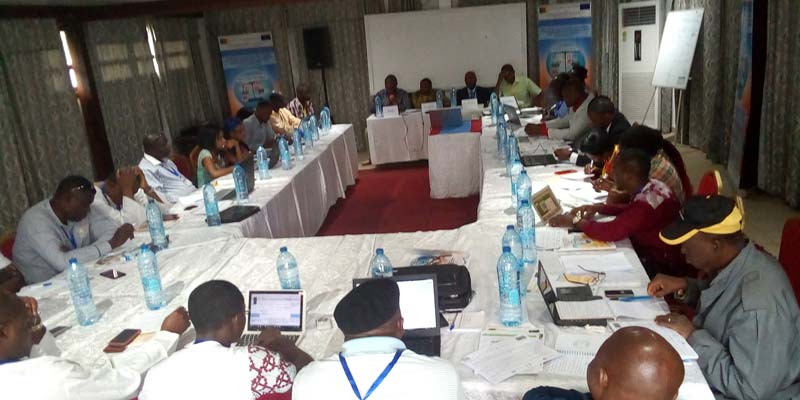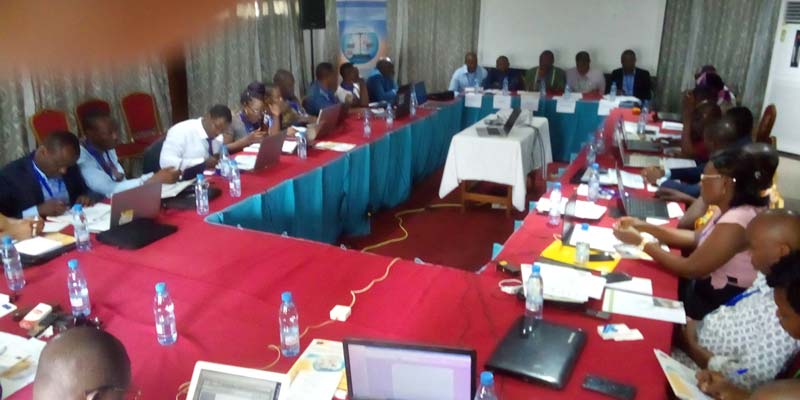In September 2000, the United Nations Millennium Summit adopted the Declaration on the Millennium Development Goals (MDGs). Its main objective was the elaboration of a set of development objectives that are quantifiable and achievable over time, to eliminate poverty. In its implementation, remarkable progress has been made in certain indicators such as primary education, gender parity at the primary education level, women's participation in decision-making, coverage and slowing the spread of HIV / AIDS.
Despite this progress, much remains to be done. Reducing inequalities in access to basic social services remains a major challenge for Africa. The limited participation of Africa in particular in the formulation of the MDGs explains the low ownership of these objectives and the slow progress. In addition, the failure to harmonize the MDGs with continental and national programs in Africa has created additional constraints for countries both in the production of data and in their monitoring.
The consideration of private enterprise, investment and innovation are key factors of productivity and the creation of economic growth and therefore of jobs. The implementation of policies and incentives for the private sector for public purposes, including measures that encourage it to promote sustainable practices, and policies that encourage quality investment for the long term are to be to reinforce.
In coordination with the African common position for the sustainable development goals, the African Union's Agenda 2063 provides for: (i) A prosperous Africa based on an inclusive growth and a sustainable development; (ii) an integrated continent, politically united, based on the ideals of Pan-Africanism and the vision of the African Renaissance, (iii) An Africa where good governance, democracy, justice and the rule of law reign; (iv) a secure and peaceful Africa, (v) Africa with an identity, a common heritage, common values and a strong cultural ethic; (vi) an Africa where development focuses on people, and is based in particular on the potential of women and young people; (vii) Africa, as a strong, united and influential actor and partner on the world stage
On trade, the international community is resolved to ensure that States do not adopt and unilaterally implement economic, financial or commercial measures contrary to international law or to the Charter of the United Nations and to obstruct the full achievement of economic and social development, particularly in developing countries. This requires the promotion of a multilateral universality, based on rules, open, non-discriminatory and fair under the auspices of the World Trade Organization (WTO); the net increase in developing country exports, in particular to double the share of LDCs in world exports by 2020 and to promote rapid access to all least developed countries with the free market and quotas, such as decided by the WTO, in particular by ensuring that preferential rules applicable to imports from LDCs are transparent and simple, and by facilitating market access.
At the national level and in general, Cameroon has experienced significant progress in the implementation of the MDGs, even if the pace of achievement of these objectives is not identical, both in terms of progress towards the MDGs, than on the level of their achievement on the geographic level. Thus, the results are better for MDGs 2 and 3, and 1.c target of the objective on reducing the proportion of people suffering from hunger; they are mixed for MDGs 1, 4, 5 and 6, and encouraging for MDGs 7 and 8. The implementation of policies in the framework of the fight against poverty has decreased by almost 2.7 points on the incidence of poverty between 2001 and 2014. This drop in poverty is more marked in urban areas, the phenomenon being widespread in rural areas. The three northern regions affected by climate change and border insecurity are particularly affected.
To achieve the strategic objectives, the Cameroonian economy needs a financing investment policy that integrates several areas and gives priority to taxation to facilitate the mobilization and efficient use of national resources. To reach an optimal and satisfactory level of revenue mobilization, capable of ensuring the financing of development policy, the strategy of the tax administration is focused on (i) improving the fiscal environment for businesses; (ii) the continued reorganization of services; (Iii) rationalization and control of tax expenditures; (iv) broadening the tax base and securing revenues.









